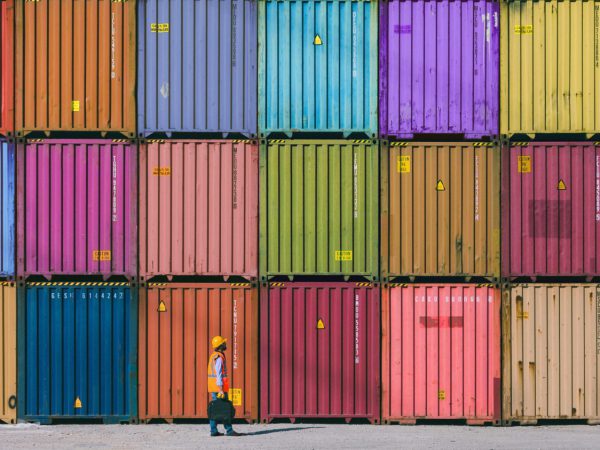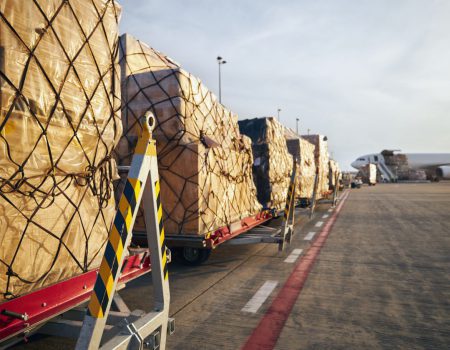If you're about to take your local business global, you'll need a range of new tools, resources and support. Our toolkit is here to get you started.

Setting your export price
Your export pricing structure will be different to your domestic pricing. You will need to take into account a broad range of costs you may be unfamiliar with. Too high, and you risk pricing yourself out of the market. Too low, and you eat into profit and risk your long-term sustainability in the market. So what do you need to do to make sure your quote falls in the sweet spot?
Incoterms
You will need to clarify which party is responsible to pay and assume risks at each stage of the export process, known as Incoterms. Are you, or your buyer responsible for contracting and paying for delivery and freight, insurance providers and duties?
You will need to clarify which party is responsible to pay and assume risks at each stage of the export process, known as Incoterms. Are you, or your buyer responsible for contracting and paying for delivery and freight, insurance providers and duties?
The decisions you make will decide your Incoterms and your additional export costs. Knowing your Incoterms is critical to building a proper quote for your product. You will likely be asked to provide a Pro Forma invoice, which is a quote that includes information on the packaging pricing, terms of the sale (including terms of delivery) and the Incoterms (the responsible party at each stage of the export process).
As with any complex regulatory and financial environment, we recommend getting in the professionals to help — so give us a call at ITIC.
See Austrade for the latest Incoterms® 2020.
Checklist: do you know your export costs?
You will need to consider the following items when calculating your export costs:
- Your cost of goods. You must review this figure and make sure it's up-to-date before you start to calculate your costs of exports.
- Freight, delivery and insurance costs. These will depend on your negotiated Incoterms, and your choice of contractor or services provider.
- Consultancy fees. It's likely (and we recommend) that you seek expert advice and guidance during the export process to help avoid common pitfalls. This includes any legal advice, help to identify the correct tariff classification/HS code, support to build your export plan, business matchmaking fees, and a suite of other services.
- Staff training costs. This includes seminars, workshops and conferences.
- Travel and trade show costs.
- Agent, broker and distributor fees.
- Duties and taxes.
- Export documentation, accreditation and certification costs. This includes the money you've spent meeting different compliance standards (for instance, different medical goods certifications, etc). These include:
- Certificates of Origin
- ATA Carnets
- the Made in Australia brand
- other certificates and accreditations to prove you've met certain production standards, depending on industry and product.

Pricing structures
There are different methods for calculating what you charge for your product. You will need to take into consideration your competitor's pricing, your export plan, and your cost of export. Different pricing structures favour different strategies, and will also depend on your product type. These structures include:
- Cost Plus Pricing, where you figure out your production costs then add a margin on the top.
- Competitive Pricing, where you charge less than your main competitors for your product.
- Demand-base pricing, which is based on consumer demand and perceived value as the central element.
- Premium pricing, or Prestige pricing, where the cost of the product is kept artificially high to encourage the perception that the product is high quality.
Getting paid
You may already have a great suite of standard contracts to make sure you get paid and your reputation is protected while doing business in Australia. Unfortunately, it's unlikely these will be enforceable when you're doing business internationally. We recommend you bring in the experts. Our ITIC team offers Member discounts for these services.
You and your buyer may choose to nominate the International Chamber of Commerce as arbiter in case of a dispute. ICC provides model contracts and clauses for businesses and lawyers, which you can download freely.
AT CCICWA’s International Trade and Investment Centre (ITIC) we are here to help businesses reduce the time, cost and risk of going global.






